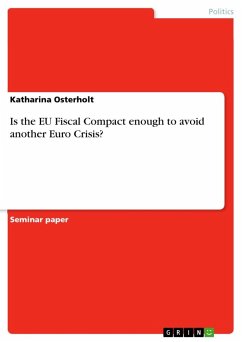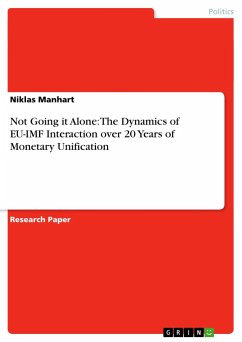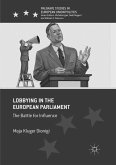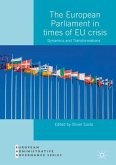Essay from the year 2012 in the subject Politics - International Politics - Topic: European Union, grade: 7,5 , Maastricht University, language: English, abstract: Since its inception the European Union (later referred to as: the EU) has expanded to 27 Member States comprising more than 490 million citizens. The most important institutions are the European Commission (later refereed to as: the Commission) consisting of national ministers and the European Council (later referred to as: the Council), which is made up of the heads of the Member States. Furthermore, the European Parliament (later referred to as: the Parliament), consisting of 754 Members of Parliament (later referred to as: MEP) is the only directly democratic institution within the EU. In such a complex environment it becomes hard to make decisions that satisfy everybody's needs. Therefore this paper tries to answer the question on how policy formulation and decision making processes within the EU function, thereby focusing on the governance mechanism of the EU and its Member States, taking into consideration the influence of stakeholders and the process of lobbying. Finally, the analyzed prevailing governance system is assessed in light of the Euro crisis.The paper is structured around two main issues, namely European governance and lobbying. Before these issues are discussed a brief introduction regarding the ordinary legislative procedure is given. Afterwards, the concept of governance, which is merged into European governance, is considered. Thereby the focus is put on legitimacy, in particular on democratic legitimacy. Since the EU's governance system is partly dependent on its Member States systems, it is classified and compared to those. Following this, lobbying and the interest articulation of other stakeholders are discussed. By that means it is studied if some type of "elite pluralism" exists within the EU. Finally, there is a discussion about the shortcomings of European governance, with special regard to the current Euro crisis and an outlook on possible advancement of the EU is given, based on the line of argumentation put forward by The Economist.








